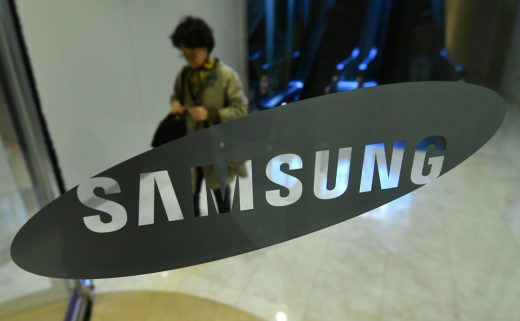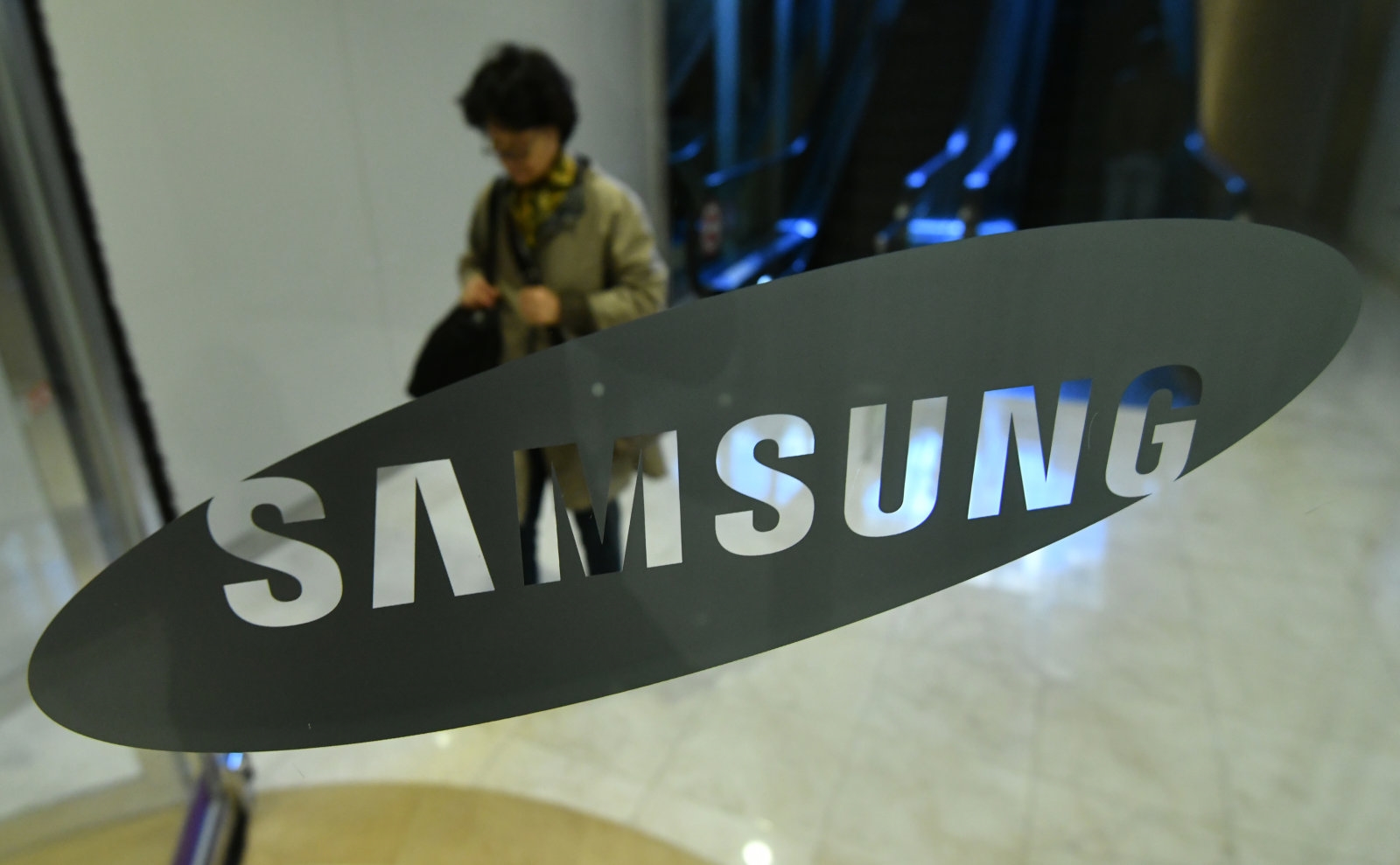Samsung will bolster its mobile business with foldable and 5G phones
Samsung has posted a 17.57 trillion Korean won (US$15.45 billion) operating profit for Q3 2018 like it expected, setting a record high for the Korean corporation. As has been the case over the past years, its chip business is the company’s top earner. It made 13.65 trillion won (US$12 billion) in operating profit for the quarter from a 24.77 trillion won (US$22 billion) consolidated revenue. Samsung’s mobile division also posted a 24.77 trillion (US$22 billion) consolidated revenue, but its Q3 profit was a measly 2.2 trillion won ($1.9 billion won) due to decreased sales of mid- to low-end products and increased marketing costs.
Samsung knows that the competition is only bound to become tighter as more and more premium phones make their way to the market. Clearly, its decent flagship sales aren’t enough to make up for the division’s mediocre performance. For 2019, the company plans to strengthen its mobile segment by launching foldable and 5G smartphones, as well as changing its low- to mid-range phone strategy to attract a millennial audience. Samsung might reveal its first foldable phone as soon as November, possibly before it shows off its larger foldable displays.
Yes, the Korean corporation also plans to offer flexible and foldable displays for cars and larger devices like laptops, all in an effort to expand its OLED business in 2019. The OLED segment of its display division posted a higher profit than the previous quarter due to the demand for flexible screens, so Samsung has a basis for that strategy.
While Samsung is expecting price declines for NAND memory chips, it’s also expecting an increase in demand from the growing cloud market and bigger mobile storage offerings. In addition, to ensure that its chip division will continue to do well, it’s planning to make its SoCs more competitive by leveraging its 5G modem technology. The company will also diversify its product line-up with 3D sensors, fingerprint-on-display sensors, as well as chips for automotive and Internet of Things applications.
(16)




